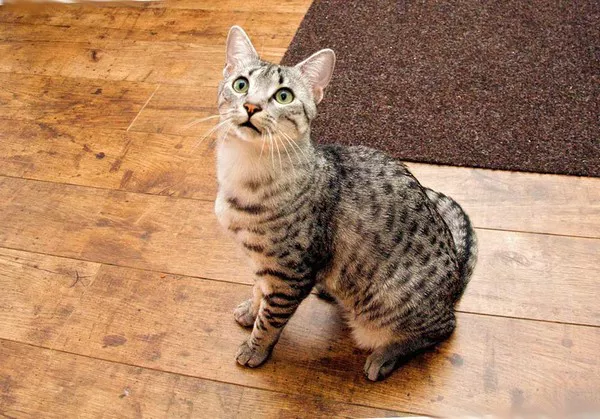As a responsible cat owner, ensuring the health and well-being of your feline companion is a top priority. Neutering, also known as spaying or castrating, is an important aspect of cat care that can have numerous benefits for both your pet and the community. But when is a kitten old enough to neuter? In this comprehensive guide, we’ll explore the optimal timing for neutering your kitten, the benefits of the procedure, considerations for different sexes, and what to expect during and after the surgery. By understanding these key aspects, you can make informed decisions to promote a long and healthy life for your beloved cat.
The Importance of Neutering
1. Health Benefits: Neutering offers a range of health benefits for cats. It can prevent certain reproductive-related health issues, such as uterine infections and testicular cancer, contributing to a longer and happier life.
2. Population Control: Neutering plays a vital role in controlling the cat population. By preventing unplanned litters, you’re helping to reduce the number of homeless cats and alleviate the strain on animal shelters.
Optimal Timing for Neutering Kittens
1. Traditional Age: Traditionally, kittens were neutered around six months of age. However, recent research suggests that earlier neutering can offer additional health and behavioral advantages.
2. Early Neutering: Many veterinarians now recommend neutering kittens as early as eight weeks of age, once they weigh at least two pounds. Early neutering is safe and can help prevent certain medical issues.
Benefits of Early Neutering
1. Behavioral Benefits: Early neutering can help prevent unwanted behaviors such as spraying, aggression, and yowling that are often associated with intact cats.
2. Preventing Pregnancy: Neutering female kittens before their first heat cycle virtually eliminates the risk of pregnancy and reduces the likelihood of mammary tumors.
3. Feline Overpopulation: By neutering kittens early, you’re contributing to the prevention of feline overpopulation and the strain it places on animal shelters and resources.
Considerations for Male Kittens
1. Pre-Neutering Health Check: Before scheduling the neutering procedure, your veterinarian will conduct a health check to ensure your male kitten is in good condition for surgery.
2. Recovery and Care: Recovery from neutering is typically swift for male kittens. Provide a comfortable and quiet space for your kitten to rest after the procedure.
Considerations for Female Kittens
1. Pre-Neutering Health Check: Female kittens should also undergo a thorough health check before the spaying procedure to address any potential concerns.
2. Recovery and Care: Recovery from spaying may take a bit longer for female kittens. Keep a watchful eye on the incision site and follow your veterinarian’s post-operative care instructions.
Neutering Process and Aftercare
1. Anesthesia and Surgery: Neutering is performed under anesthesia, ensuring your kitten experiences no pain during the procedure. The surgery involves removing the reproductive organs.
2. Post-Operative Care: After the surgery, your kitten may need a quiet and comfortable space to recover. Follow your veterinarian’s instructions for feeding, medication, and wound care.
3. Preventive Measures: Your veterinarian may recommend a protective cone or e-collar to prevent your kitten from licking or biting the incision site.
Monitoring and Follow-Up
1. Monitor Healing: Keep a close watch on your kitten’s incision site as it heals. Contact your veterinarian if you notice any signs of infection, excessive swelling, or discomfort.
2. Behavior and Recovery: As your kitten recovers, you may notice changes in behavior such as reduced activity and appetite. These are normal reactions to the surgery and should improve over time.
Conclusion
In conclusion, determining the right age to neuter your kitten is a decision that requires careful consideration. Neutering offers numerous health and behavioral benefits, and early neutering has become a recommended practice by many veterinarians. Whether you have a male or female kitten, the neutering procedure is a routine surgery that contributes to your cat’s overall well-being and the welfare of the feline community. By opting for neutering at the appropriate age and following your veterinarian’s guidance for pre-operative, surgical, and post-operative care, you can ensure a smooth and positive experience for your beloved feline friend. As you embark on this journey of responsible cat ownership, remember that neutering is a step toward a healthier, happier, and more harmonious life for your cat and the feline community as a whole.























